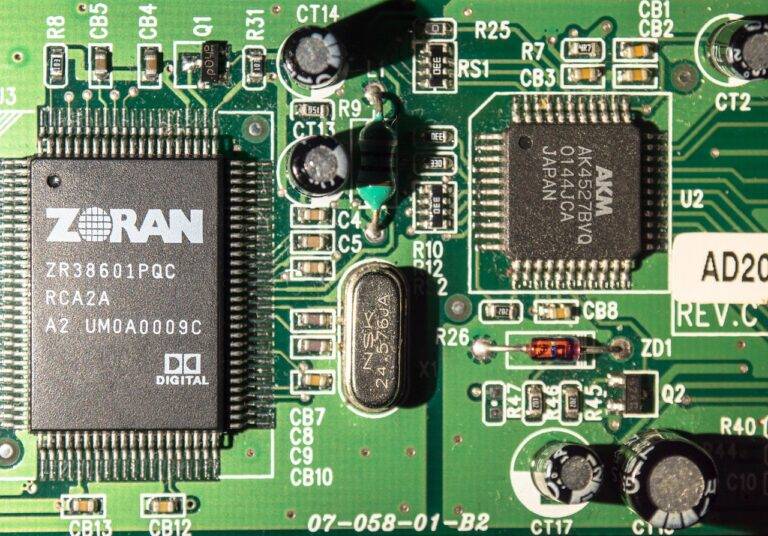Blockchain and Sustainable Agriculture: Traceable Food Supply Chains
In today’s globalized food supply chains, traceability plays a critical role in ensuring the safety, quality, and integrity of food products from farm to fork. By establishing a system that carefully tracks the movement of food items through each stage of production, processing, and distribution, companies can quickly pinpoint and address any issues that may arise, such as contamination or fraud. This not only helps to protect consumer health and trust but also safeguards the reputation of businesses operating within the industry.
Moreover, traceability in food supply chains can also greatly contribute to sustainability efforts and environmental responsibility. By accurately documenting the origins of raw materials, the use of resources along the production process can be optimized, reducing waste and minimizing the overall carbon footprint of food production. This level of transparency not only benefits the environment but also resonates with consumers who are increasingly seeking ethically and environmentally conscious products.
Enhancing Transparency in Agricultural Practices
Enhancing transparency in agricultural practices is crucial for ensuring the safety and quality of the food we consume. By providing consumers with access to detailed information about how their food is grown, harvested, and processed, trust and confidence in the food supply chain can be strengthened.
Additionally, transparency allows for greater accountability among all players in the agricultural sector, from farmers to processors to retailers. This accountability helps to reduce the risks of unethical practices, such as food fraud or environmental harm, and promotes a more sustainable and responsible approach to food production.
Why is traceability important in food supply chains?
Traceability is important in food supply chains as it allows for better transparency and accountability in the production and distribution of food products. It helps in tracking the origin of ingredients, ensuring food safety, and promoting sustainability.
How can transparency be enhanced in agricultural practices?
Transparency in agricultural practices can be enhanced through the implementation of technologies such as blockchain and IoT devices, improved labeling and certification systems, and increased collaboration among stakeholders in the supply chain.
What are the benefits of enhancing transparency in agricultural practices?
Enhancing transparency in agricultural practices can lead to increased consumer trust, improved food safety, better environmental stewardship, and enhanced market access for farmers and producers.
How can consumers support transparency in agriculture?
Consumers can support transparency in agriculture by choosing products with clear labeling, asking questions about where their food comes from, supporting local and sustainable farming practices, and advocating for greater transparency in the food industry.





